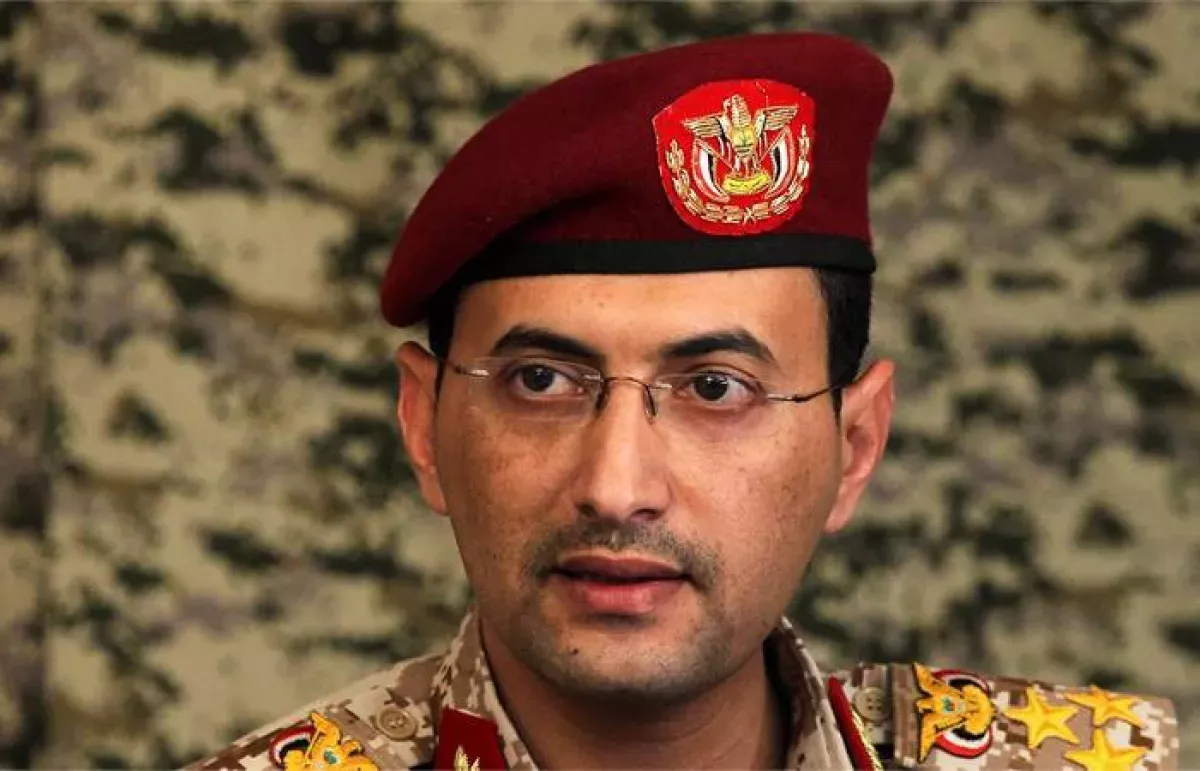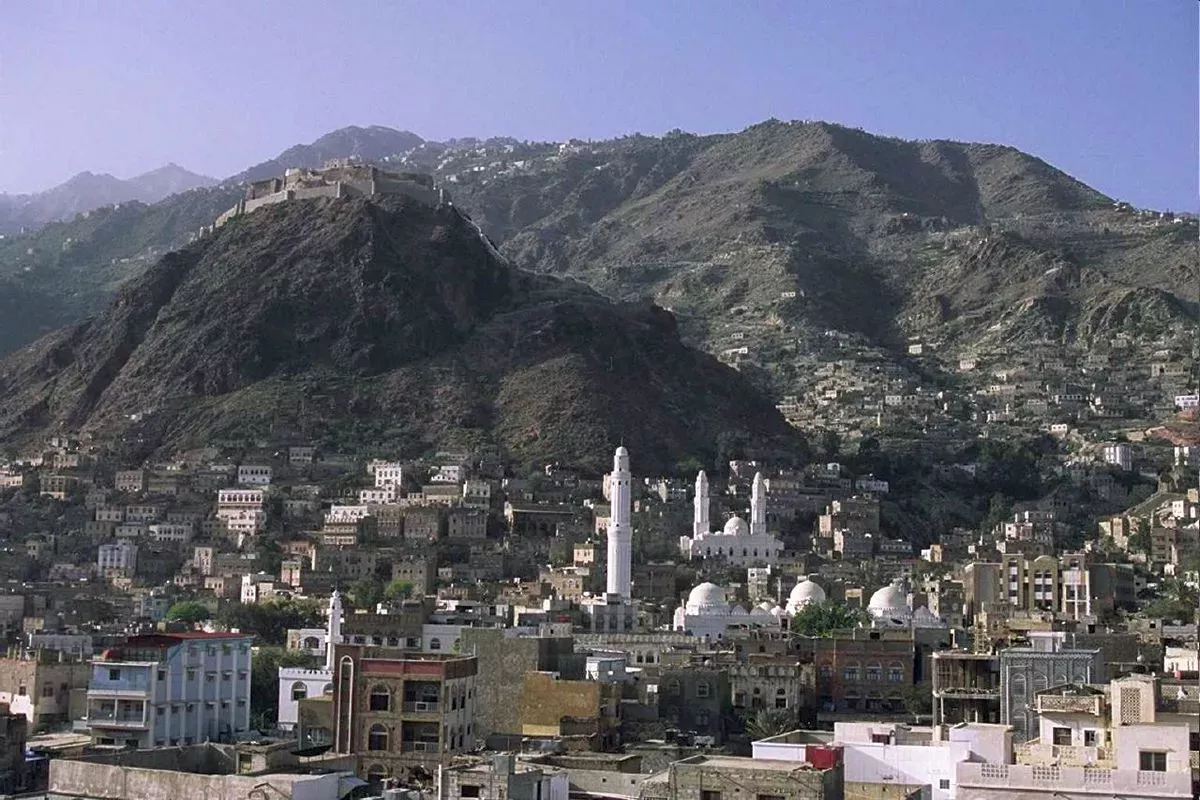Israel unveils strategy in prolonged war against Houthis Red Sea reckoning
On the night of July 6 to 7, Israel launched a military campaign against the Yemeni Houthis group, formally known as "Ansar Allah." The Israeli Air Force carried out strikes on the ports of Ras Isa, Hudaydah, As-Salif, and, according to US media reports, also targeted a power station in Ras Kanatib. Based on information published by Israel's Defence Forces (IDF), a total of 20 aircraft participated in the attack that deployed around 50 bombs and missiles.

Israeli Defence Minister Israel Katz stated that one of the targets was the Galaxy Leader, a vessel seized by the Houthis in the Red Sea about two years ago. After capturing it, the Houthis installed a radar system on the ship that they began using to track vessels attempting to navigate the Red Sea toward the Israeli port of Eilat. "As I warned: The fate of Yemen is the same as the fate of Tehran. Anyone who tries to harm Israel will be harmed, and anyone who raises a hand against Israel will have their hand cut off. The Houthis will continue to pay a heavy price for their actions," he declared.
According to Houthi spokesperson Nasreddin Amer, Israel carried out "the largest and most brutal attack on Yemen," but "the enemy was caught off guard by the unprecedented level of readiness of Yemen's air defence forces. After the Houthis deployed advanced domestically-produced surface-to-air missiles, several Israeli squadrons were forced to turn back and cease their participation in the bombardment." Strikes by the Houthis targeted an airport and ports in Israel, though these attacks appear to have been unsuccessful.

The bulk carrier Magic Seas was also targeted in the Houthi attack. According to Yahya Sarea, the official spokesperson for the Houthis' armed forces, who spoke to the Al-Masirah TV channel which is affiliated with the group, the strike was in response to “repeated violations by the ship’s owner of the ban imposed by the Houthis on entering Israeli ports.” British maritime security company Ambrey reported that the Magic Seas, which was sailing under the Liberian flag, was first attacked by eight small boats that opened fire with small arms and rocket-propelled grenades. In response, the ship’s armed security team returned fire. Later, four unmanned surface vessels (USVs) were deployed toward the ship. These sea drones inflicted significant damage, which ultimately caused the Magic Seas to sink.
The standoff between Israel and the Houthis, who are in control of Yemen, has been ongoing for quite some time. In 2023, the Ansar Allah group announced its intention to counter Israeli attacks on the Gaza Strip and began launching rockets and drones at Israeli territory. The Houthis have fired over 200 ballistic missiles and launched more than 170 drones since October 7, 2023 at Israel. While the vast majority of these projectiles were intercepted by the Arrow-3 and THAAD defence systems, the daily bombardments have forced millions of Israelis to take shelter in bomb shelters. It is difficult to determine the exact target of each attack due to the long distance from Yemen, which has led to “Tzeva Adom” alerts (Israel’s rocket warning system, consisting of sirens and voice messages — ed.) being issued across the entire country.
Meanwhile, the Yemeni attacks are threatening passage through the Suez Canal, which connects the Mediterranean and Red Seas, offering the shortest route between Europe and Asia. According to several sources, more than 2,000 vessels have adjusted their routes due to Houthi attacks, with the financial losses reaching almost one trillion dollars. Moreover, the inaccessibility and lack of significant infrastructure in Yemen make any retaliatory actions by Israel difficult.
Nevertheless, an impression emerged in recent weeks that the conflict between Israel and Yemen might soon be resolved. Gulf countries, particularly Oman, had been working to bring the Houthis, the Israelis, and their American backers to the negotiating table—driven primarily by the desire to restore the free navigation in the Red Sea. Mahdi al-Mashat, the head of the Ansar Allah movement's Supreme Political Council, announced in May of this year, however, that attacks on Israel would continue.

The Israeli tabloid newspaper Israel Hayom reported that “the Houthis finance their operations through the sale of Captagon — a powerful drug also known as "cocaine for the poor.'" Media outlets report that pharmaceutical factories in Sana’a, the capital of Yemen, have been repurposed to produce this potent psychotropic substance, which has grown to become a serious social problem in Middle Eastern countries. In an interview with the newspaper, Amir al-Azab, a battalion Commander at a border crossing, stated that a thorough inspection uncovered 13,000 pills of this drug hidden in a truck. Earlier, an attempt to smuggle more than 1.5 million pills into Saudi Arabia was prevented. Thus, if the pretext for the attack on Iran was nuclear weapons, then the justification for the “Black Flag” operation is drug trafficking.

However, Israeli experts are forced to admit that Israel’s efforts to counter the Houthis have so far yielded no results. “We are looking for a weak point to exploit in order to prevent them from launching rockets. So far, we have not been able to find it,” said Efraim Inbar, Senior researcher at the Jerusalem Institute for Strategy and Security who is also the Dean at the Faculty for Diplomacy, Strategy, and Security at the Shalem Academic Center, speaking to JNS. This view is shared by Danny Ayalon, former Deputy Foreign Minister of Israel and former Ambassador to the United States: “Israel has yet to develop a comprehensive strategy; it carries out retaliatory strikes, but this does not deter the Houthis because they continue to fire.”
Initially, Israel expected that the United States would take the lead on addressing the Houthis issue. Joe Biden reinstated the Houthis on the US list of terrorist organisations and formed a large coalition of NATO member countries, which also included Sri Lanka, New Zealand, and the Seychelles, to patrol the Red Sea. However, the coalition proved ineffective, and the Yemeni attacks continued. After Donald Trump won the US presidential election, Israel's hope that the Houthis would soon be dealt with rose again. On March 15, 2025, the United States launched a military operation against Yemen. Trump announced the campaign by making use of his signature rhetoric: “No terrorist force will stop American commercial and naval vessels from freely sailing the Waterways of the World. Your time is up, and your attacks must stop, starting today. If they don't, hell will rain down upon you like nothing you have ever seen before!"
There was an atmosphere of optimism across Israel, as it seemed the Houthi problem was about to be resolved. However, the rocket attacks did not cease, and American efforts appeared to be in vain. By May, the Trump administration began showing signs of losing interest in the campaign, and on the 6th of that month, the US announced a secret ceasefire agreement brokered by Oman—without Israel’s knowledge.
The State of Israel is now considering a new strategy aimed at defeating the Houthis. First of all, as stated by Israel Katz, “if the Houthis continue to fire missiles on Israel, they will suffer painful blows, and we will also strike the heads of terror just as we did to Deif and the Sinwars in Gaza, to Nasrallah in Beirut and Haniyeh in Tehran [...] We will hunt down and eliminate Abdul-Malik al-Houthi in Yemen as well.” Secondly, Israel may provide support to the Houthis’ enemies, primarily the Southern Transitional Council and the Presidential Council.
The third strategy involves cutting off the weapons supply routes to the Houthis.
In any case, their confrontation with the Houthis is likely to drag on for many months or even years, regardless of whichever strategy the Israelis choose. This will place an additional burden on Israel’s economy and society, while also further destabilising the situation in the Middle East region.








